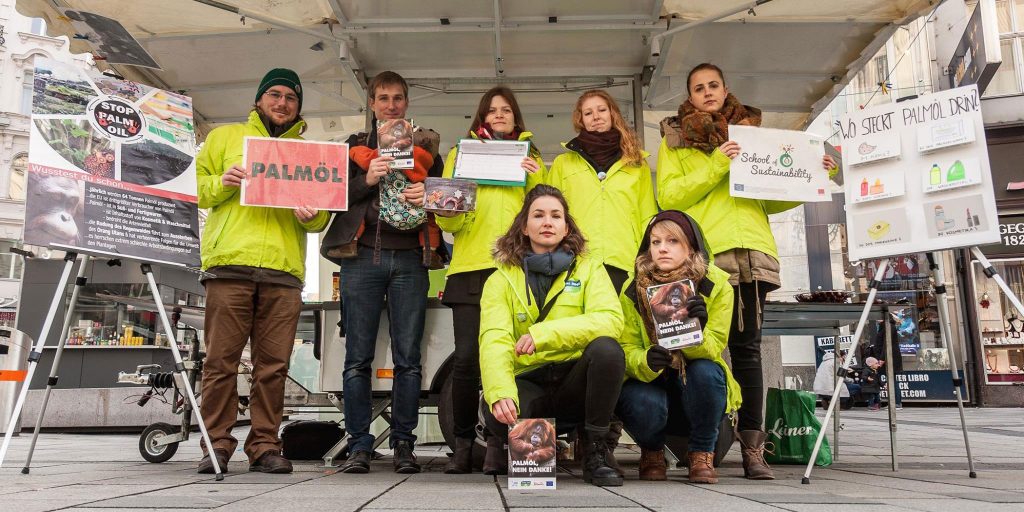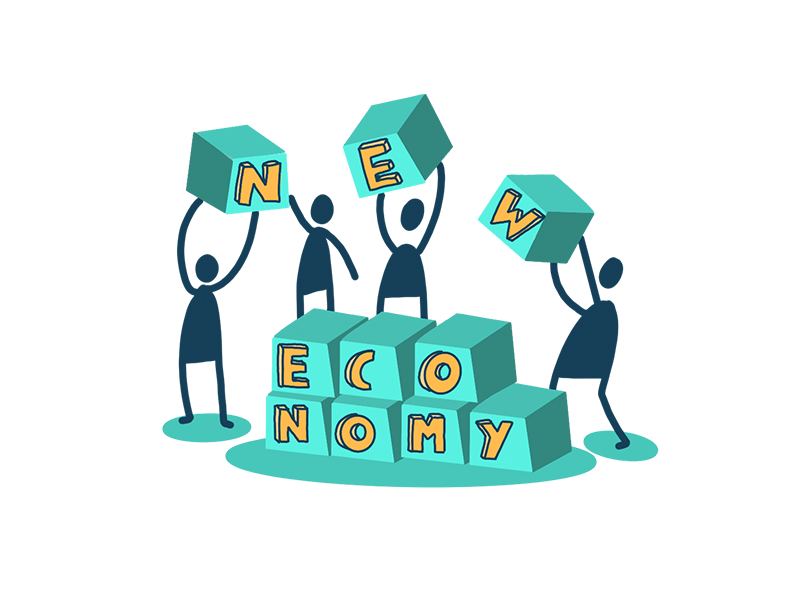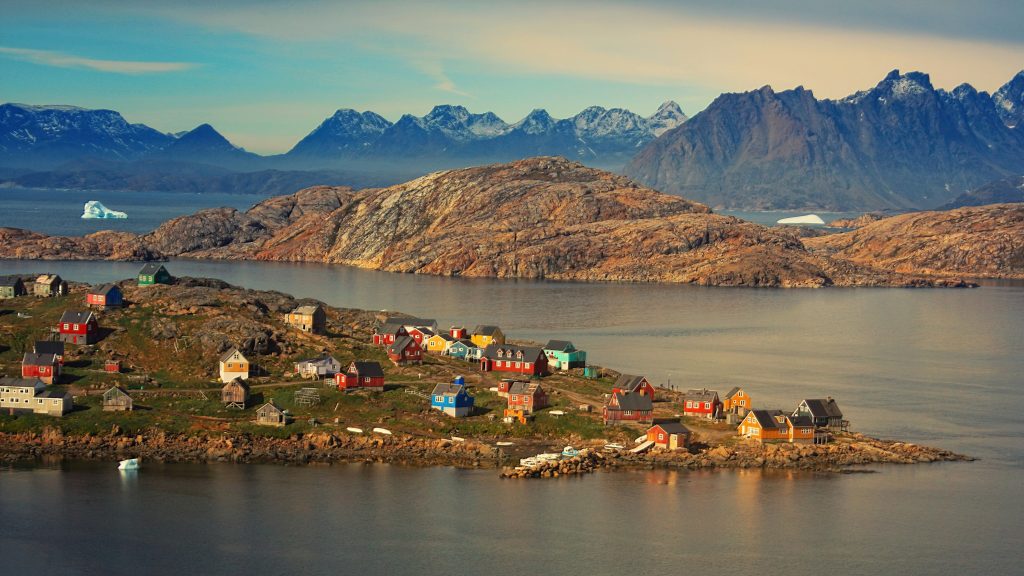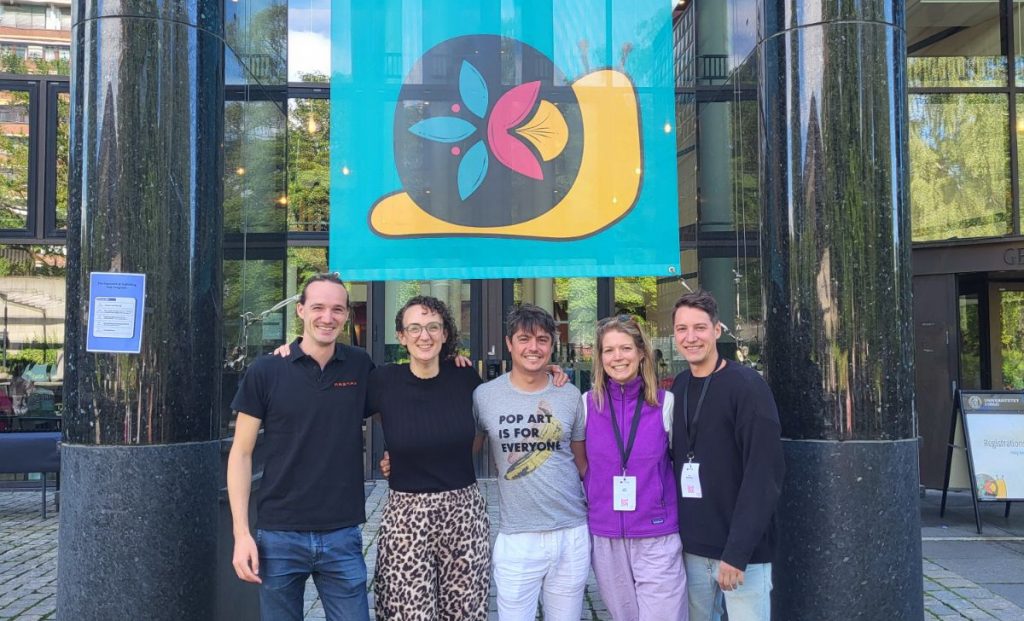As Black Friday rolled around again, Friends of the Earth groups from across Europe locked down their wallets and took to the streets to promote the radical act of not shopping.
Buy Nothing Day – an “international day of protest against consumerism” – invites people around the world to abstain from spending for 24 hours as a personal experiment or public statement.
This isn’t to say that we don’t need things – as this excellent blog notes, everybody needs stuff. And there is undeniable pleasure in acquiring certain things.
But overconsumption has huge environmental and social impacts where our products are sourced and made, particularly in the Global South.
The way products are often marketed at us is also leading us towards an unhealthy dependency on consumption to define our identities – where what we have, rather than who we are or what we do, defines us.
And so on Buy Nothing Day, Friends of the Earth groups across Europe were out in force to raise awareness of the destructive impacts of overconsumption, but also to promote positive, friendlier, and kinder alternatives for presents and ways of living as the end of the year nears.
In Budapest, Friends of the Earth Hungary symbolically blocked a road leading to one of the city’s biggest shopping centres, holding placards saying “Ne vásárolj semmit” (“Don’t buy anything”).
Photo gallery – Friends of the Earth actions on Buy Nothing Day
But Buy Nothing Day isn’t about pointing fingers and demonising generosity – it’s also about thinking more creatively about gifts. With the end of the year approaching, Friends of the Earth Wallonia put together this great guide on how to give thoughtful, meaningful presents that won’t end up in a bin come January.
Here they are back on Valentine’s day this year, leading infectious songs on metro lines across Brussels about the simple joys of singing instead of shopping.
Over in Latvia, similar sentiments were shared as Latvijas Zemes Draugi/Friends of the Earth Latvia hosted a screening of the documentary Minimalism: a film about the important things, which asks the question: how might your life be better with less? This followed an upcycling workshop, where people learned how to turn their broken-down old products into entirely new ones.
On the streets of Vienna, Global 2000/Friends of the Earth Austria took to the streets to raise awareness of the global impact of many of the purchases we make. In their crosshairs was palm oil. A product which is often implicated in land grabbing, climate impacts and massive deforestation, it shows up in household products including detergents, biscuits, cosmetics and even candles.









